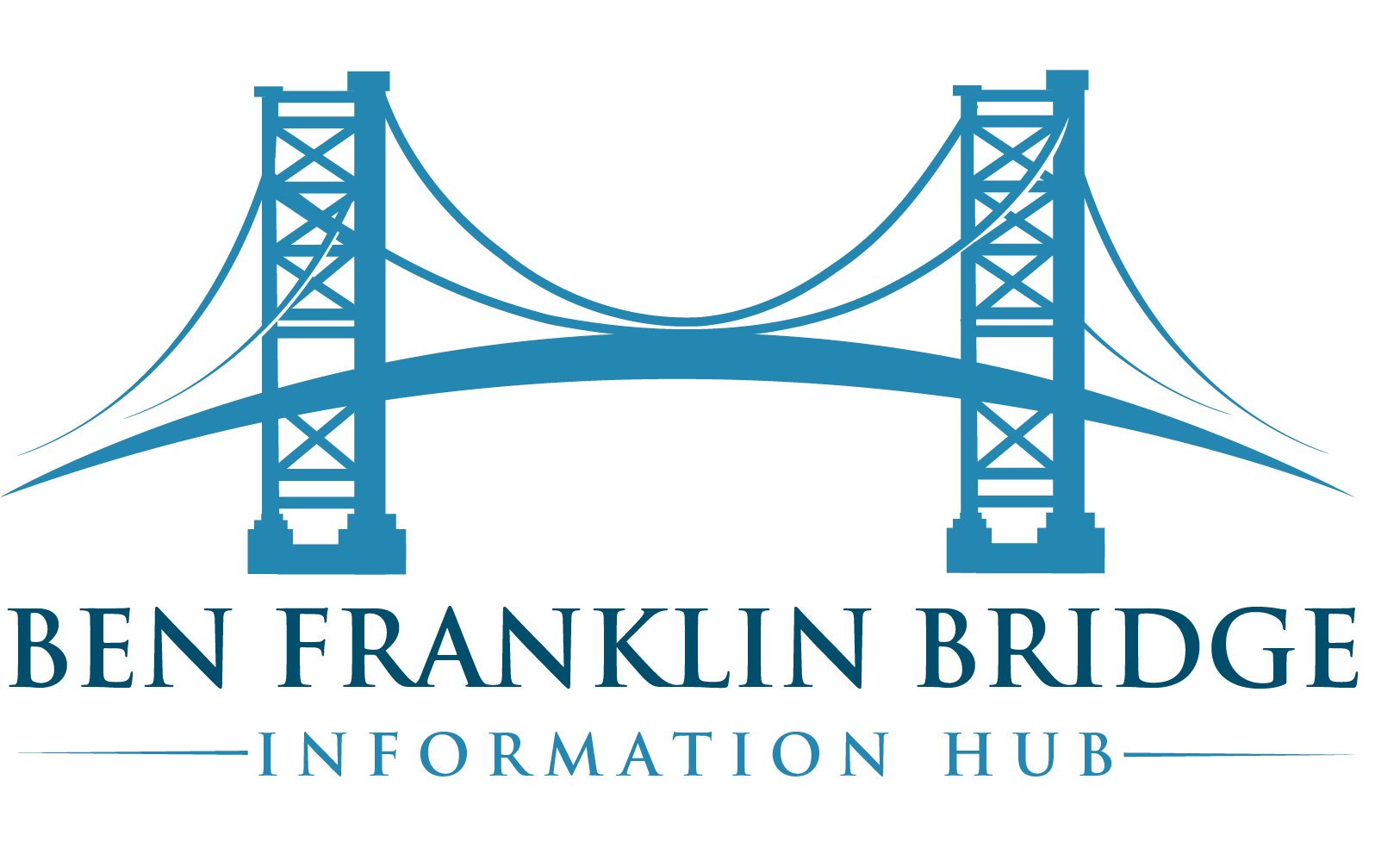The Ben Franklin Bridge, like many other major bridges, has toll fees for several reasons:
Finance Construction and Maintenance:
- Construction costs: The initial construction of the Ben Franklin Bridge, completed in 1926, was a massive undertaking costing over $45 million. Tolls were implemented as a long-term revenue stream to help recoup these costs and pay off the debts incurred.
- Ongoing maintenance: Maintaining a bridge of the Ben Franklin’s size and importance is a continuous and expensive process. Toll revenue helps fund routine maintenance like repaving, painting, and repairs, as well as major infrastructure upgrades and rehabilitation projects.
Manage Traffic and Congestion:
- Discourage overuse: Tolls can act as a deterrent to unnecessary crossings, reducing traffic congestion on the bridge and surrounding roads. This helps ensure smoother traffic flow and shorter travel times for those who truly need to use the bridge.
- Encourage alternative transportation: In some cases, toll fees can incentivize commuters to consider alternative transportation options like public transit, carpooling, or cycling. This can further reduce congestion and pollution.
Funding Additional Transportation Initiatives:
- Support public transit: Toll revenue can be used to subsidize public transportation options like the PATCO Speedline that runs across the Ben Franklin Bridge. This promotes accessibility and reduces reliance on single-occupancy vehicles.
- Invest in regional transportation: A portion of toll revenue may be allocated to other transportation projects within the region, such as road improvements or expansion of bicycle and pedestrian infrastructure.
Specific factors for the Ben Franklin Bridge:
- Westbound-only tolls: Since 1992, tolls are only collected on westbound traffic entering Pennsylvania. This was a deliberate policy decision aimed at reducing congestion on the bridge and the Philadelphia approach roads.
- E-ZPass discounts: Electronic toll collection systems like E-ZPass offer discounted rates for frequent users, further encouraging efficient traffic flow.
It’s important to note that the debate around bridge tolls is complex, with arguments both for and against their use. While tolls can be perceived as an added burden for drivers, they play a crucial role in financing and maintaining vital infrastructure, managing traffic, and potentially supporting broader transportation initiatives.
Contact us if you have any other questions about the Ben Franklin Bridge or bridge tolls in general.
